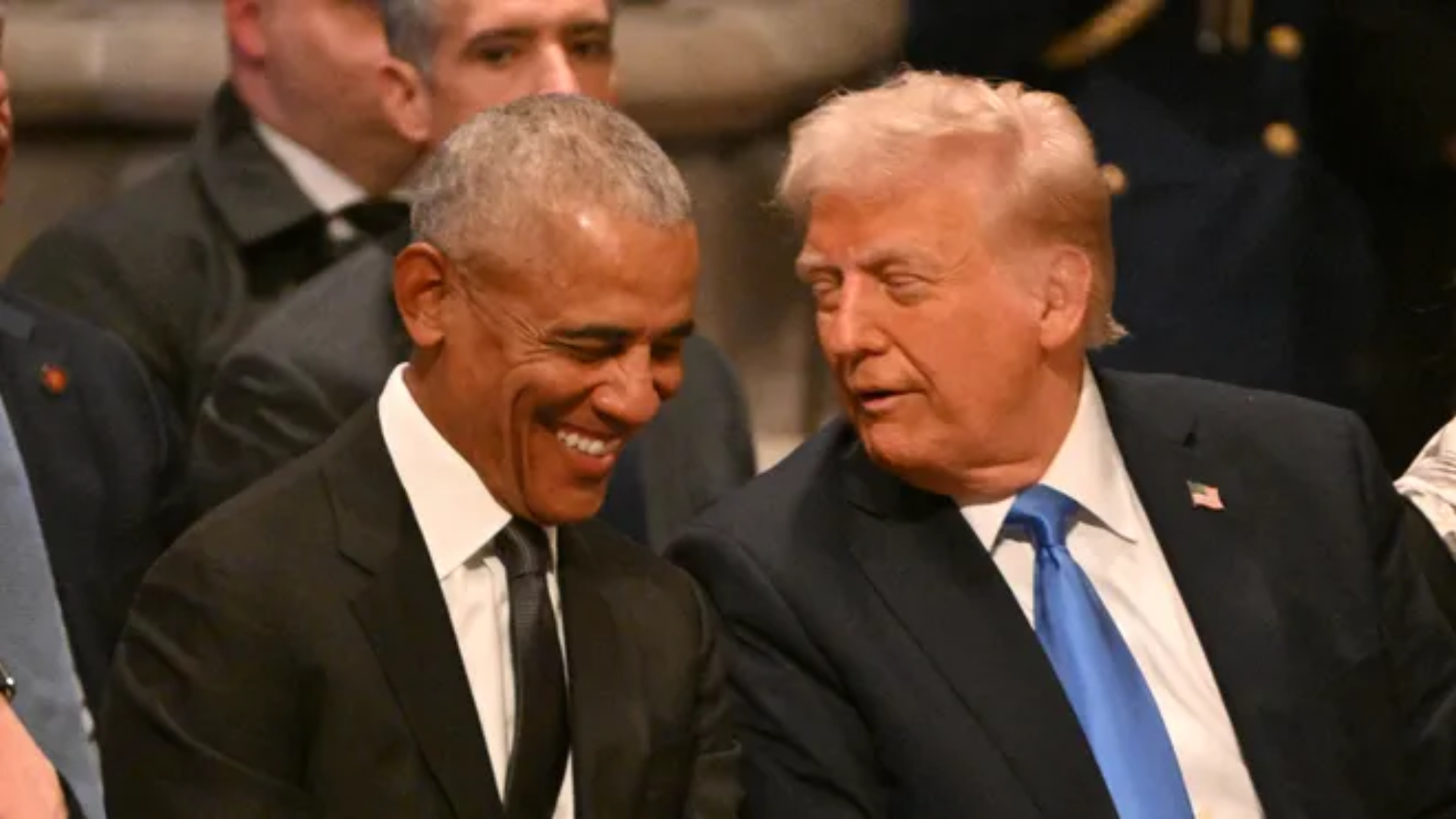Assam Chief Minister Himanta Biswa Sarma has announced plans to create protective measures for satras (Vaishnavite monasteries) and other cultural and spiritual institutions in the state. The aim is to safeguard these institutions from encroachment.
In an official release on Friday, Sarma emphasized the government’s commitment to establishing belts and blocks to protect satras and other cultural entities. This move is part of the Assam government’s broader effort to ensure land rights for all citizens in the state.
Under the state’s Mission Basundhara 3.0, land deeds (pattas) will be provided to religious institutions, educational institutions, and Anganwadi centers. Sarma highlighted this initiative during an event in Dhola under the Sadiya Assembly constituency of Tinsukia district, where land deeds were distributed to beneficiaries of Mission Basundhara 2.0.
The Chief Minister stated that the government aims to provide land deeds to all deserving beneficiaries by 2026. This initiative aims to prevent genuine citizens from being deprived of legal rights over their land holdings.
Following the distribution of land pattas to Mission Basundhara 2.0 beneficiaries in Dhemaji district, Sarma visited Sadiya and Doom Dooma in Tinsukia district for similar exercises. Approximately 12,000 and 7,000 beneficiaries of Mission Basundhara 2.0 are within Sadiya and Doom Dooma LACs respectively.
During these visits, Sarma inaugurated and laid the foundation stones for various projects. This includes projects totaling Rs 116 crore for Sadiya LAC and Rs 80 crore for Doom Dooma LAC. Notable projects include the improvement and upgradation of roads under Asom Mala 2.0 and the construction of community halls and water supply projects.
Assuring the resolution of challenges faced during Mission Basundhara 2.0, Sarma announced Mission Basundhara 3.0, which will commence after the Lok Sabha elections. This next phase aims to simplify the process for indigenous landless people to obtain land rights.
Additionally, the government is focusing on providing land pattas to socio-cultural institutions. Sarma also highlighted the benefits of digital land deeds, which will allow owners to access their documents through the dig locker medium if misplaced.
Sarma emphasized the government’s dedication to socio-economic-academic empowerment. Initiatives such as Orunodoi, microfinance loan waivers, ration cards, health insurance, and transparent government job policies are examples of this commitment to comprehensive development.
During a function at Rupai High School’s playground in Doom Dooma, Sarma acknowledged that a significant portion of the state’s indigenous population still lacks land deeds, despite 70 years of Independence. Mission Basundhara was launched to address these land documentation issues for indigenous families.
Lastly, Sarma highlighted efforts for the socio-economic upliftment of tea-growing tribal communities. These efforts include increased wages for tea garden laborers and reservations for youths from tea tribe communities in government service recruitments, reflecting the government’s commitment to the welfare of these communities.


















